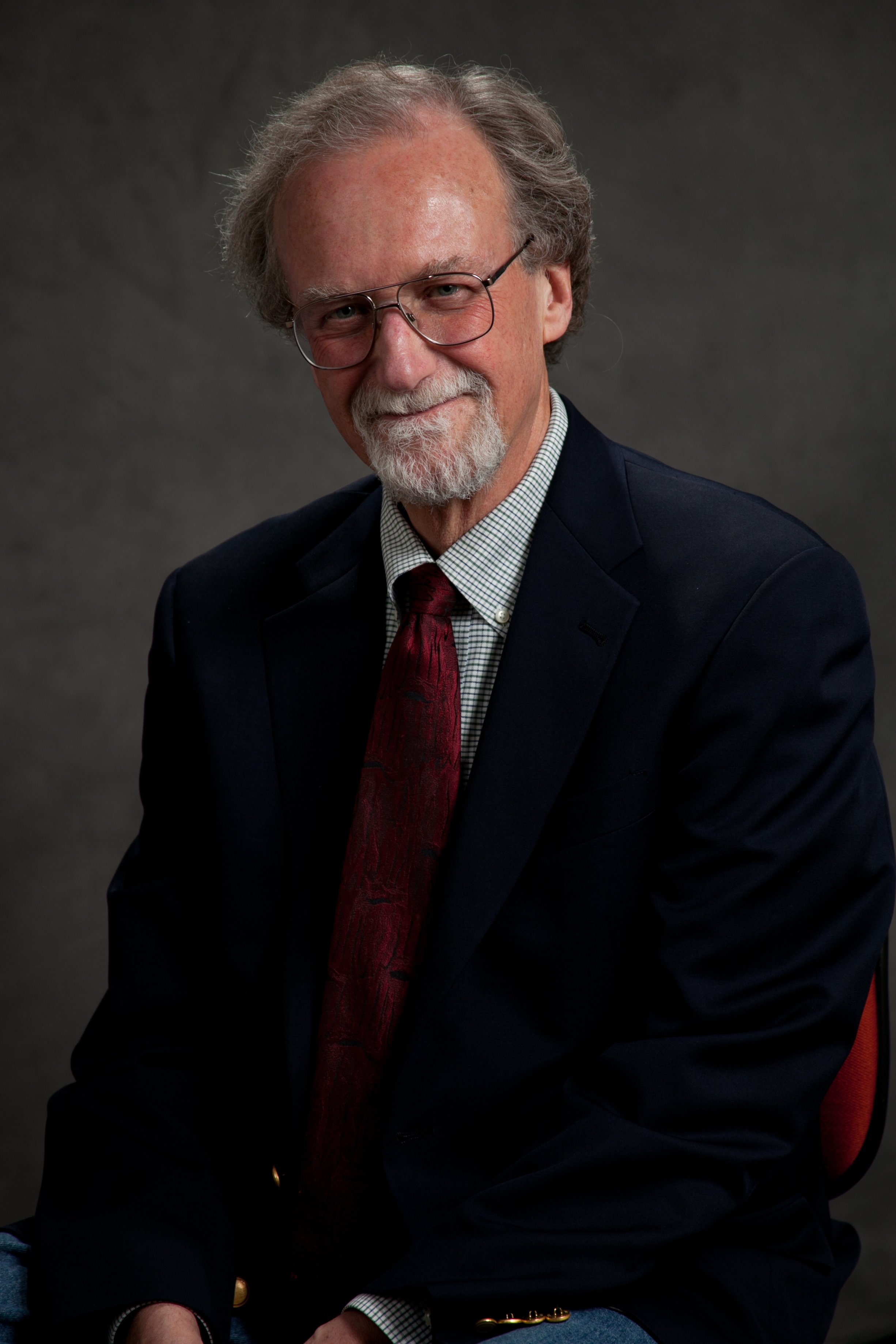Even though he was a sponsor of marijuana legalization Initiative 502, Roger Roffman has been a controversial figure among pot enthusiasts. Some have never liked his insistence that pot is not harmless, and that prevention and education efforts should be a key part of legalization roll-outs. The retired University of Washington social work professor pointed to his own research on marijuana addiction to make his case.
Now, as marijuana legalization looks likely to gain more ground across the country in this week’s elections, he’s revealing something else. For nearly a decade, as a graduate student and young professor, he used pot heavily. In fact, he tells Seattle Weekly, he was addicted.
Speaking by phone today, Roffman elaborates on an op-ed he wrote that ran last week in The Washington Post
and Chicago Tribune, and which draw upon a memoir published in April,
Marijuana Nation
.
“On a warm Seattle summer evening in 1978,” his op-ed begins, “my wife wanted to talk about my increasingly frequent pot smoking: ‘I feel you’ve abandoned me, that the person I married — even when you’re sitting next to me on the couch — is not there.’”
By then, his pot smoking had gone on for some time, he recounts to SW. He had first smoked a joint as an Army social worker in Vietnam, where marijuana was so prevalent that a top military psychologist ordered surveys to assess the problem. Roffman’s first joint was a bit of a bust, though. “I fell asleep,” he says.
A few years later, out of the Army and enrolled in a doctoral program at University of California, Berkeley, Roffman says, he had a more entrancing experience with pot at a dinner party. He says he continued smoking throughout his time at Berkeley and into his early years as a professor at UW. He was married by then and one time, he says, he drove his wife home from a dinner party “still stoned and feeling the after affects of a panic attack.” That’s what he says prompted the sobering talk with his wife.
“I realized I was putting my relationship in jeopardy and putting my career in jeopardy too,” he says, “I wasn’t publishing so much.
“So I stopped.” He says he tried cutting back at first, but kept breaking the rules he set for himself. Eventually, he quit altogether.
Years later, he says, that personal experience became an inspiration for what became the focus of his career: studying marijuana addiction and its effects.
Roffman says he didn’t talk about his personal experience during the heated 502 campaign because he thought that scientific evidence would present a more compelling argument. His research has suggested that pot is particularly risky for teens, giving their still developing brains, heavy users susceptible to addiction and those at risk for mental illness. (He also believes prohibition carries its own set of harms, which is why he supported I-502.)
But his memoir gave him a new opportunity to delve into his personal as well as professional experiences with pot. And he sees the current political landscape as an additional impetus to share them. Marijuana legalization or decriminalization initiatives are before voters in Oregon, Alaska and Washington D.C. He predicts a “groundswell” of further initiatives and bills coming down the pike in 2015 and 2016. He says he’s hoping that sharing his story will convince legislators and initiative authors to include a public education component, along the lines of a pamphlet he wrote about minimizing marijuana risks.
He’s certainly sparked a debate among Washington Post readers, who weighed in with 500-plus comments, some of them ridiculing the idea that pot is addictive. There is a deep strain within the legalization movement that holds that pot is not only harmless, but good for you.
Yet, it takes money to finance a pot public education campaign. That’s why Washington state has been slow to carry one out, despite such a provision being written into I-502. Tax money from pot sales is supposed to provide the financing, but there’s little such revenue as yet given the halting start to licensing and supplying stores.
“I’m disappointed by the Department of Health,” Roffman says, adding that he believes the state could have done more.
DOH spokesperson Kelly Stowe says the department did do a series of radio ads over the summer aimed at getting parents to talk to their kids about the subject. Then, she says, the effort “got stalled” due to lack of funding. She says the department is currently planning a new campaign aimed at kids themselves.








